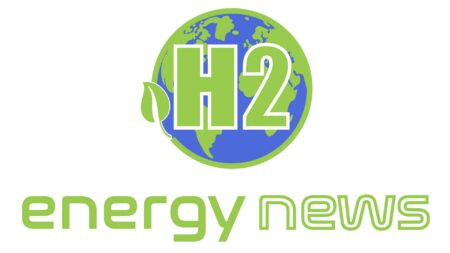The use of hydrogen should enable climatic neutrality. But if it escapes unchecked, it can potentially have a significant negative impact on the environment. The need for building a hydrogen infrastructure is increased as a result, as even little leaks from hydrogen pipes can have significant negative effects on the environment.
Browsing: Pipelines
An approximately twelve-kilometer natural gas pipeline has been purchased by Thyssengas GmbH from RWE Generation SE, for hydrogen transport.
Under the European REPowerEU program, Bulgaria aims to ask for more money.
The hydrogen revolution, which intends to become a cornerstone to the energy transition and replace natural gas in economic sectors with challenging electrification, is supported by a pharaonic project called H2Med, which will link the three nations in two portions and is anticipated to be operational in 2030.
Two projects for hydrogen pipelines in Brussels have been submitted by Gas Connect Austria (GCA), a Verbund subsidiary.
Three German gas distribution companies have joined forces to transform current gas pipelines into a hydrogen transportation network that links the north and south of the nation and surrounding countries.
Industry federations from France and Germany are lobbying for the construction of a joint European hydrogen infrastructure to accelerate the technology’s roll-out across the region.
According to a statement from Lithuanian Amber Grid, one of the project’s partners, six gas operators from Lithuania, Finland, Estonia, Latvia, Poland, and Germany have signed an agreement on collaboration in the development of hydrogen infrastructure.
Together with partners, the Swedish business OX2 is looking into the feasibility of building a new offshore hydrogen pipeline infrastructure to link Germany, Finland, Sweden, Denmark, and Norway.
Beginning in 2030, a planned pipeline system will deliver hydrogen from the Baltic Sea to Baden-Württemberg.



